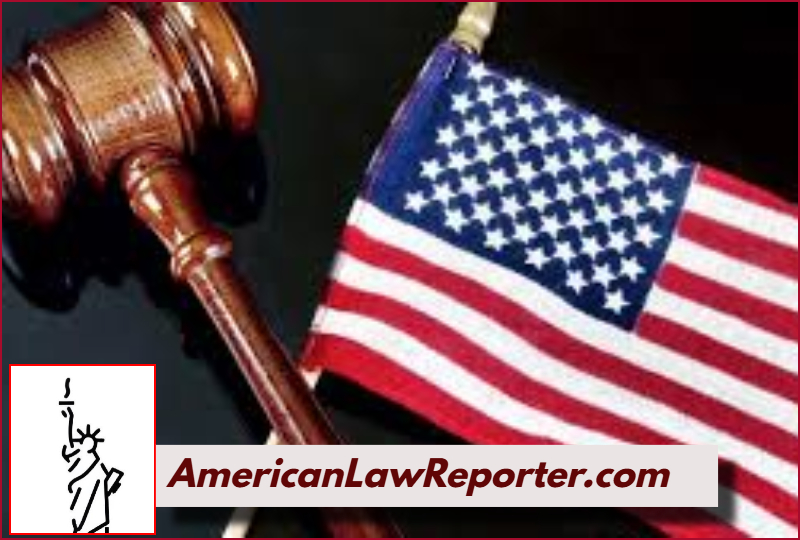From frivolous lawsuits to outrageous legal arguments, American courts have seen their fair share of bizarre cases.
Here are some of the most unusual legal battles that made headlines, sparking debates about consumer rights, advertising ethics, and the limits of litigation.
1. The Doppelgänger Lawsuit: Michael Jordan Impersonation Gone Wrong
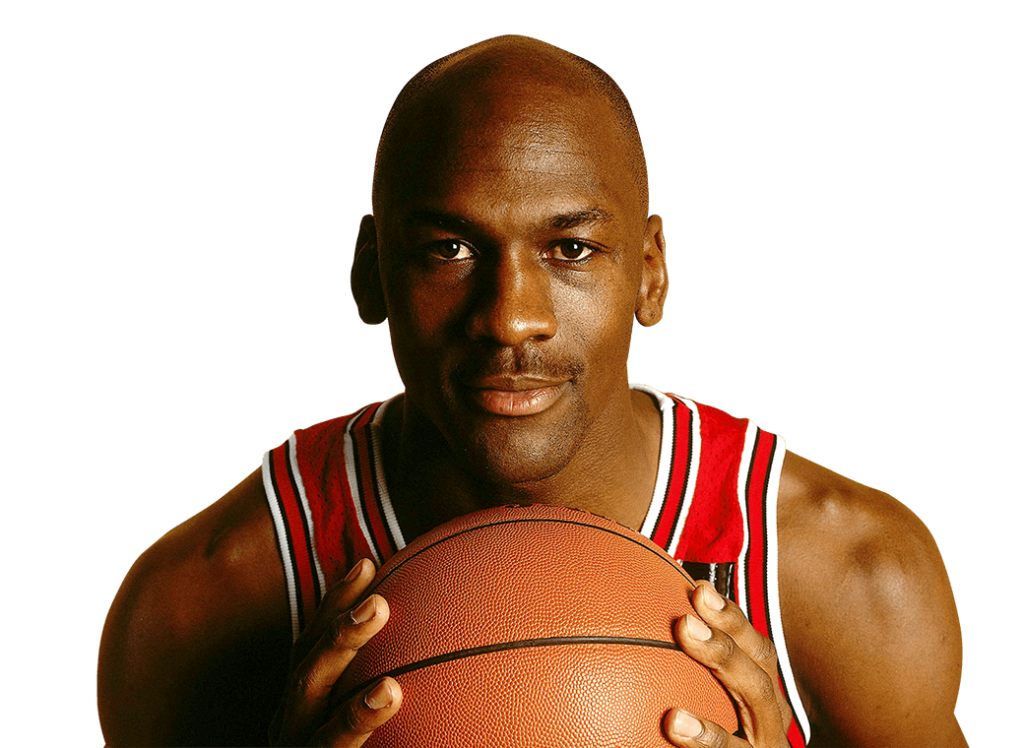
In a truly peculiar case, Allen Ray Heckard sued basketball legend Michael Jordan and Nike, claiming that their marketing caused him emotional distress due to his resemblance to Jordan. Heckard argued that the constant comparisons made his life unbearable, demanding compensation for the alleged harm. The case was dismissed, but it remains a textbook example of frivolous litigation.
2. Jelly Beans vs. Sugar: The Evaporated Cane Juice Controversy

A California woman filed a lawsuit against Jelly Belly, arguing that the term “evaporated cane juice” on its ingredient list misled consumers into thinking the product contained something healthier than sugar. The case highlighted the complexities of food labeling and consumer rights, although it was eventually dismissed.
3. Red Bull Doesn’t Give You Wings—Or Extra Energy
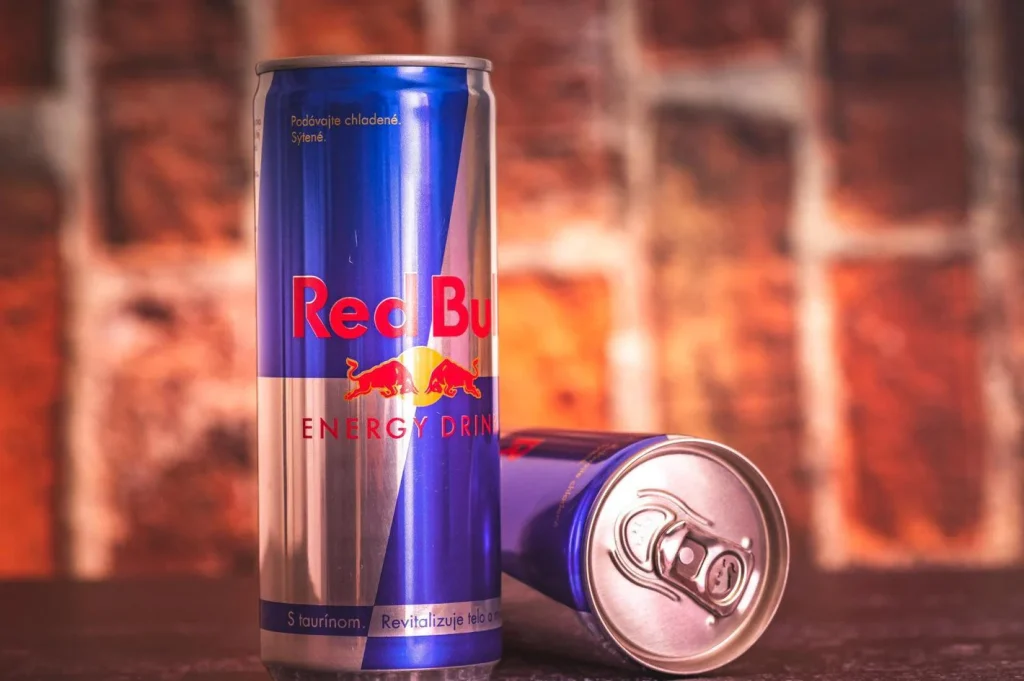
A class-action lawsuit accused Red Bull of false advertising, arguing that its slogan misled consumers into believing the drink would enhance their physical and mental performance. The case resulted in a $13 million settlement, reinforcing the importance of advertising accuracy.
4. Texting During a Movie: A Lawsuit for Emotional Distress
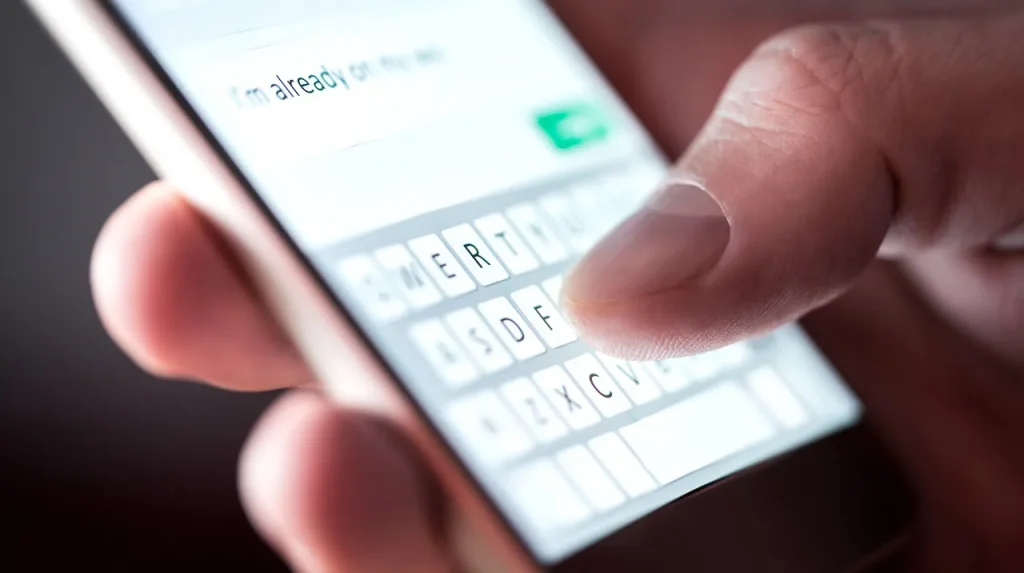
An Austin man sued his date for texting during a screening of Guardians of the Galaxy Vol. 2, claiming that her behavior ruined his experience and caused emotional distress. The case raised questions about social etiquette and legal overreach before it was eventually dismissed.
5. Fear of Fire: A Firefighter’s Unusual ADA Claim

Houston firefighter Shayn Proler filed a lawsuit claiming that his fear of fire was a legitimate disability under the Americans with Disabilities Act. Legal experts debated whether such a claim held merit, but the case was ultimately dismissed, emphasizing the importance of essential job functions in determining workplace accommodations.
6. The Hostage Who Got Sued for Escaping
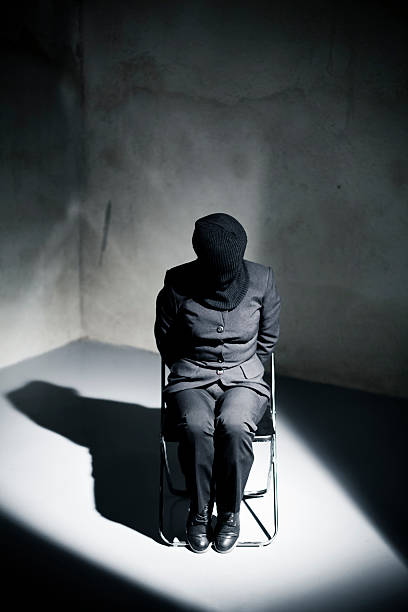
In a bizarre role reversal, a kidnapper attempted to sue his hostages for breaking an alleged agreement to hide him from authorities. Legal experts quickly dismissed the case, affirming that contracts made under duress are legally unenforceable.
7. The Poster That Allegedly Caused a Fall
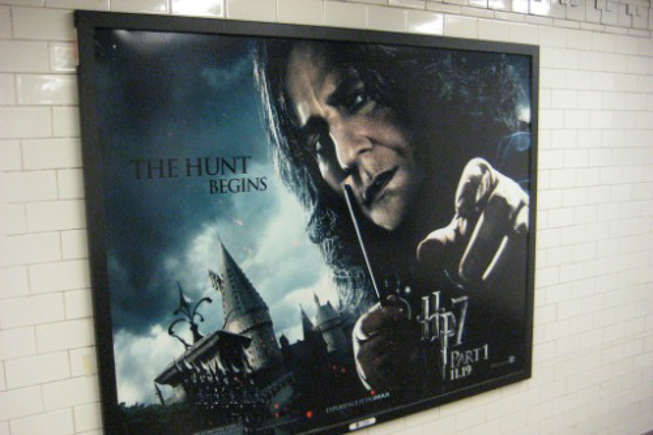
A New York woman sued the Metropolitan Transportation Authority, claiming that a “scary” advertisement in a subway station startled her, causing her to fall down a staircase. The court ultimately ruled against her, highlighting personal responsibility in public spaces.
8. The Lip Balm Lawsuit: The Unreachable 25%

Consumers sued a lip balm company, arguing that up to 25% of the product was left unreachable inside the tube. While the lawsuit did not lead to significant legal changes, it fueled discussions about packaging transparency and consumer rights.
9. The McDonald’s Cheeseburger Pricing Dispute
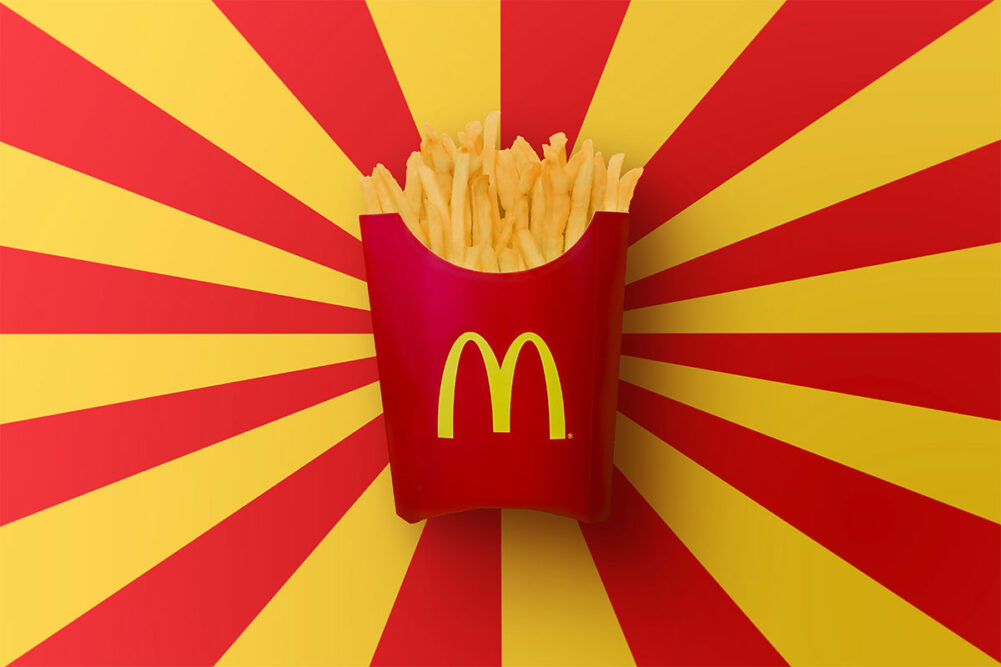
Two Florida residents sued McDonald’s for charging the same price for cheeseburgers and hamburgers, arguing that the pricing structure was deceptive. The lawsuit was dismissed, but it sparked discussions on corporate pricing transparency.
10. The Bud Light Fantasy Lawsuit
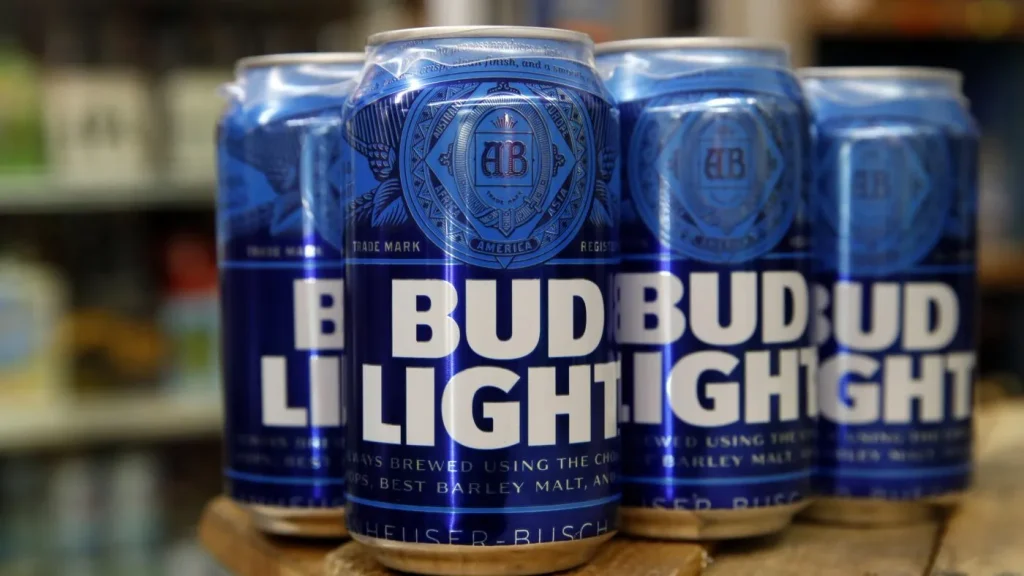
Richard Overton sued Anheuser-Busch, claiming that Bud Light’s advertisements falsely implied that drinking the beer would enhance his social life. The case was dismissed, reinforcing the distinction between marketing exaggeration and false advertising.
11. The Junior Mints Packaging Controversy
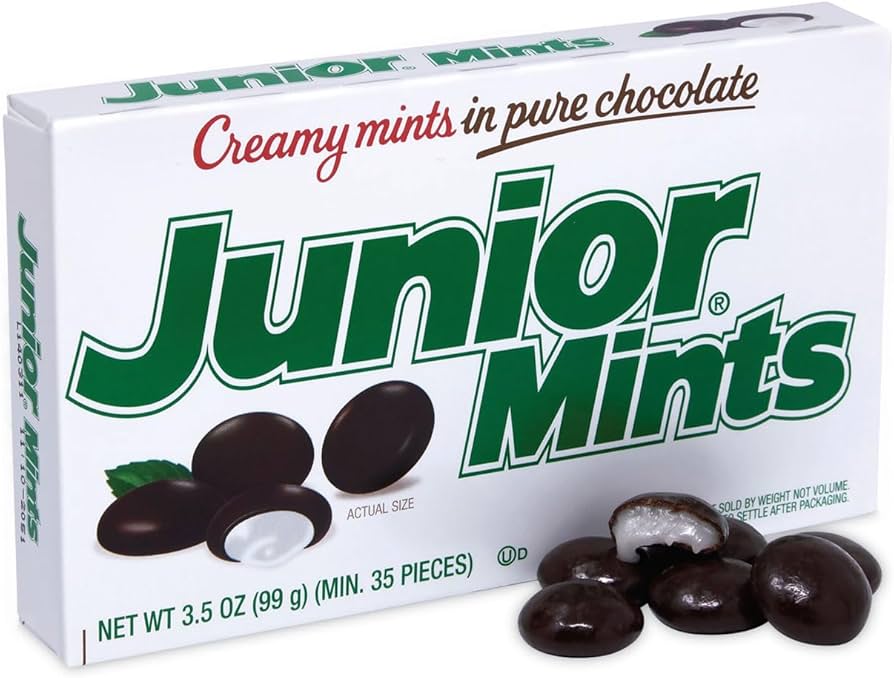
A lawsuit alleged that Junior Mints boxes contained too much empty space, misleading consumers into thinking they were purchasing more candy. Though dismissed, the case shed light on deceptive packaging tactics in the food industry.
12. Subway’s Footlong That Fell Short
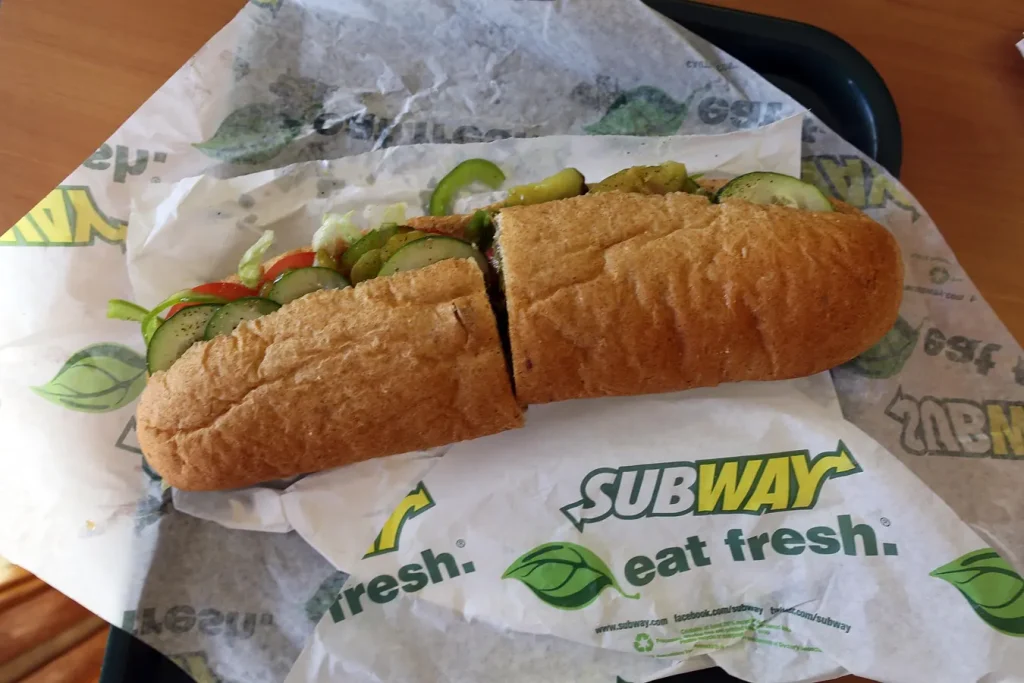
Customers filed lawsuits against Subway after discovering that its “footlong” sandwiches sometimes measured only 11 inches. The controversy led to a settlement in which Subway agreed to ensure greater consistency in its product measurements.
These bizarre cases highlight the strange, sometimes humorous, and often thought-provoking nature of the American legal system. While some lawsuits resulted in consumer protections, others served as cautionary tales against frivolous litigation.

